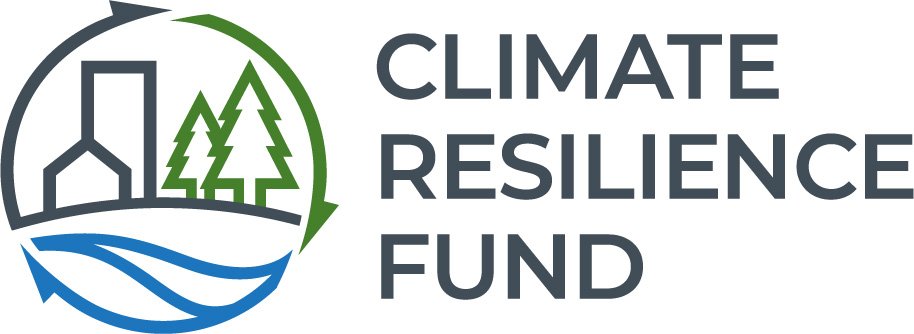CRF’s strategy is grounded in leverage. The gap between investments in climate adaptation and the need is far too great for one fund or even the entire philanthropic community to fill. The federal government has the resources to develop a meaningful climate services apparatus for the country but lacks the political will to fully fund, organize, or operationalize one. With a few exceptions, the federal agencies that work in this realm and support it with science, data, and expertise often lack the granular capacity to effectively engage decision makers at lower levels of government and other sectors. NGOs and academic institutions could do a great deal more with enough resources but in the absence of such rely on small grant dollars from philanthropy. Unfortunately, this funding is insufficient, unsustainable and leads to multiple small projects, pilot programs, and ultimately redundant or, worse, duplicative resources. This impasse, part political and largely financial, has stymied the growth of a new field that is ready to scale.
CRF’s embrace of leverage as the cornerstone of our strategy also applies to our grantmaking and our operations. The Coordination and Collaboration in the Resilience Ecosystem Program, for example is a relatively small-budget regranting program that seeks to catalyze outsized impact by enabling service organizations to take their existing programs and resources and add interoperability, to create greater access and usability, or connect complimentary elements to scale or grow them in ways that help practitioners to find and utilize them. The collaborations enabled by this grants program have created a multiplier effect for our budget that includes not only the federal match, but all the resources that supported the development of the existing services and programs that these grants are now “gluing” together. This bottom-up strategy is grounded in the notion that we have good and solid technical resources and services available, but practitioners are having a hard time finding or using them – a central finding to CRF’s founding research.

